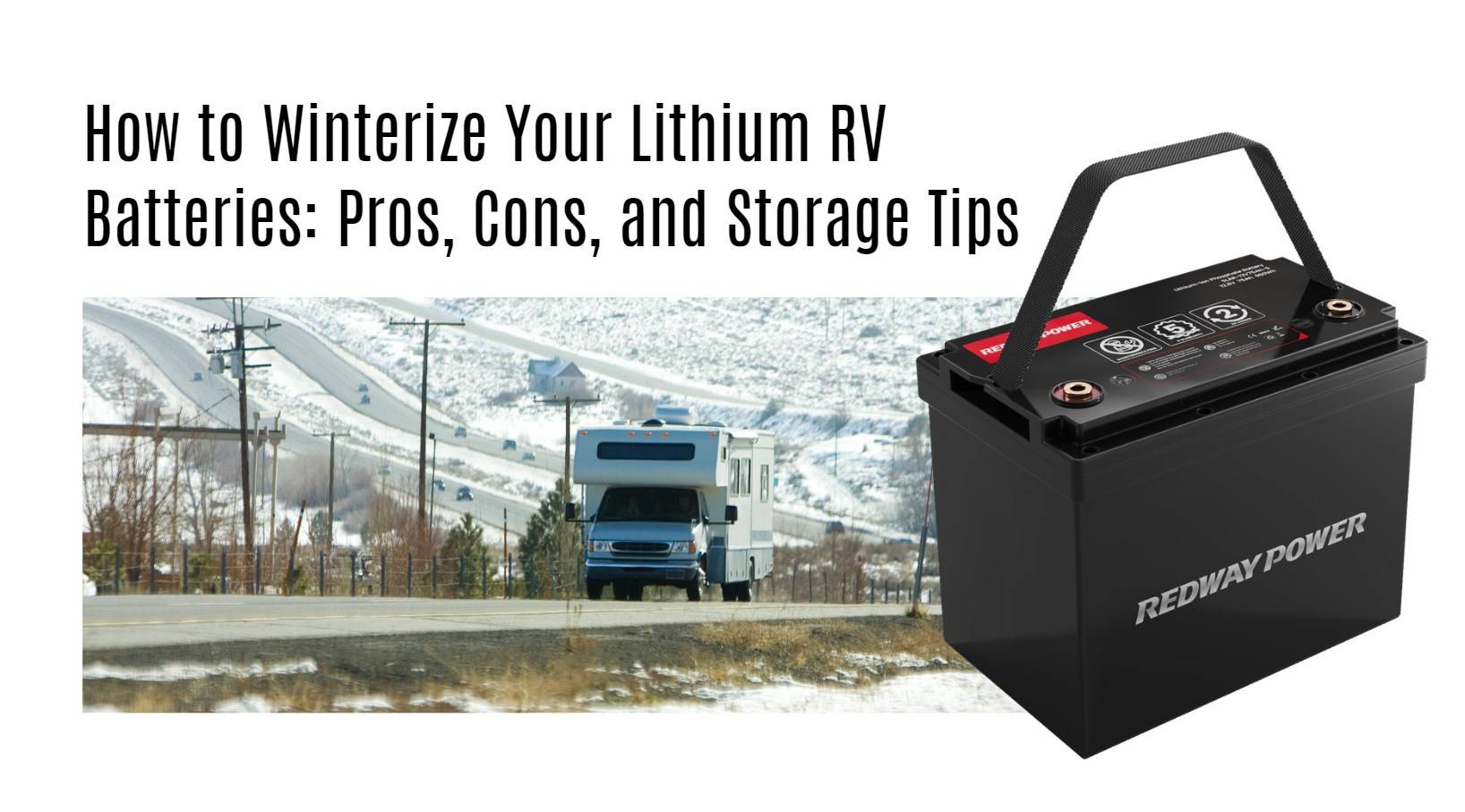In the upcoming winter months, understanding the impact of cold temperatures on battery performance is crucial. Batteries are essential power sources for RVs, boats, ATVs, and various devices, making them vulnerable to freezing conditions. This guide explores how different types of batteries react to cold, preventive measures, and optimal storage practices to ensure peak performance during chilly weather.
Understanding Battery Freezing: The Basics
When temperatures drop below freezing, deep cycle batteries become susceptible to damage. Cold weather affects internal components, diminishing their ability to hold a charge and supply consistent energy. Signs of a frozen battery include cracked casings, bulging sides, and ice accumulation, which significantly reduce performance and lifespan. Different battery types offer varying levels of protection against freezing, with lithium-based batteries generally outperforming lead-acid and AGM batteries in harsh climates.
Types of Batteries and Their Susceptibility to Freezing
Choosing the right battery involves understanding how each type performs in cold conditions. Here’s a comparison of popular battery types:
Lead-Acid vs. AGM Batteries
Lead-acid batteries require regular maintenance and are prone to spillage if damaged, making them less ideal for cold weather. AGM batteries, on the other hand, offer higher output power, faster recharge rates, and better resistance to freezing temperatures due to their sealed design and lower maintenance requirements.
Lithium Batteries & Heated Lithium Batteries
Lithium batteries excel in cold weather due to their low self-discharge rate and robust performance in sub-zero temperatures. They endure more charge cycles compared to lead-acid batteries and include features like built-in heaters in models such as the Ionic lithium batteries from LithiumHub. These heaters prevent freezing and maintain optimal performance even in extreme cold, making them ideal for winter applications such as ice fishing and outdoor activities.
Preventing Battery Freezing: Tips and Best Practices
To ensure your battery remains functional during winter, consider the following tips:
Charging Your Battery in Cold Weather
Charge your battery indoors or in a sheltered area before use to prevent damage from cold temperatures. Using a trickle charger can help maintain optimal charge levels without risking overcharging.
Proper Battery Storage & Maintenance
Store batteries in a dry, room temperature environment to prevent freezing. Regularly inspect batteries for corrosion, clean terminals as needed, and ensure all connections are secure. While lead-acid batteries require meticulous maintenance, lithium batteries like those from LithiumHub are designed for minimal upkeep and extended life under extreme conditions.
Investing in Heated Lithium Batteries
For maximum reliability in freezing temperatures, invest in lithium batteries with built-in heaters. These batteries automatically regulate temperature to prevent freezing, ensuring consistent performance throughout winter without the need for manual intervention.
Conclusion
Understanding how batteries react to cold weather and adopting preventive measures are crucial for maintaining their longevity and performance. By selecting high-quality batteries and following recommended storage and maintenance practices, you can ensure reliable power supply during winter months.
Frequently Asked Questions
- Is a battery ruined if it freezes? Freezing can irreparably damage batteries, especially if they are not fully charged.
- Is it OK to charge a battery in cold weather? Charging below freezing temperatures can permanently damage batteries, so it’s important to warm them up first.
- Which type of battery is least vulnerable to freezing? Lithium batteries are highly resilient to freezing temperatures compared to lead-acid and AGM batteries, making them ideal for cold climates.
- How can I prevent my battery from freezing in cold weather? Investing in heated lithium batteries with built-in heaters is the most effective way to prevent battery freezing in winter.
For more information on selecting the best battery for your needs, explore our range of products.




